Four weeks in another country may not seem like a long time, yet living in third world country, removed from the advantages of first world living can seem like an eternity. I can admit that I didn’t fully know what I was getting myself into when I packed my bags and set off for Kenya. I was fulfilling a life-long dream, I told myself, I’m going to try to improve the lives of so many children. What I didn’t expect, was that while I would affect their lives, in turn, they would change mine.
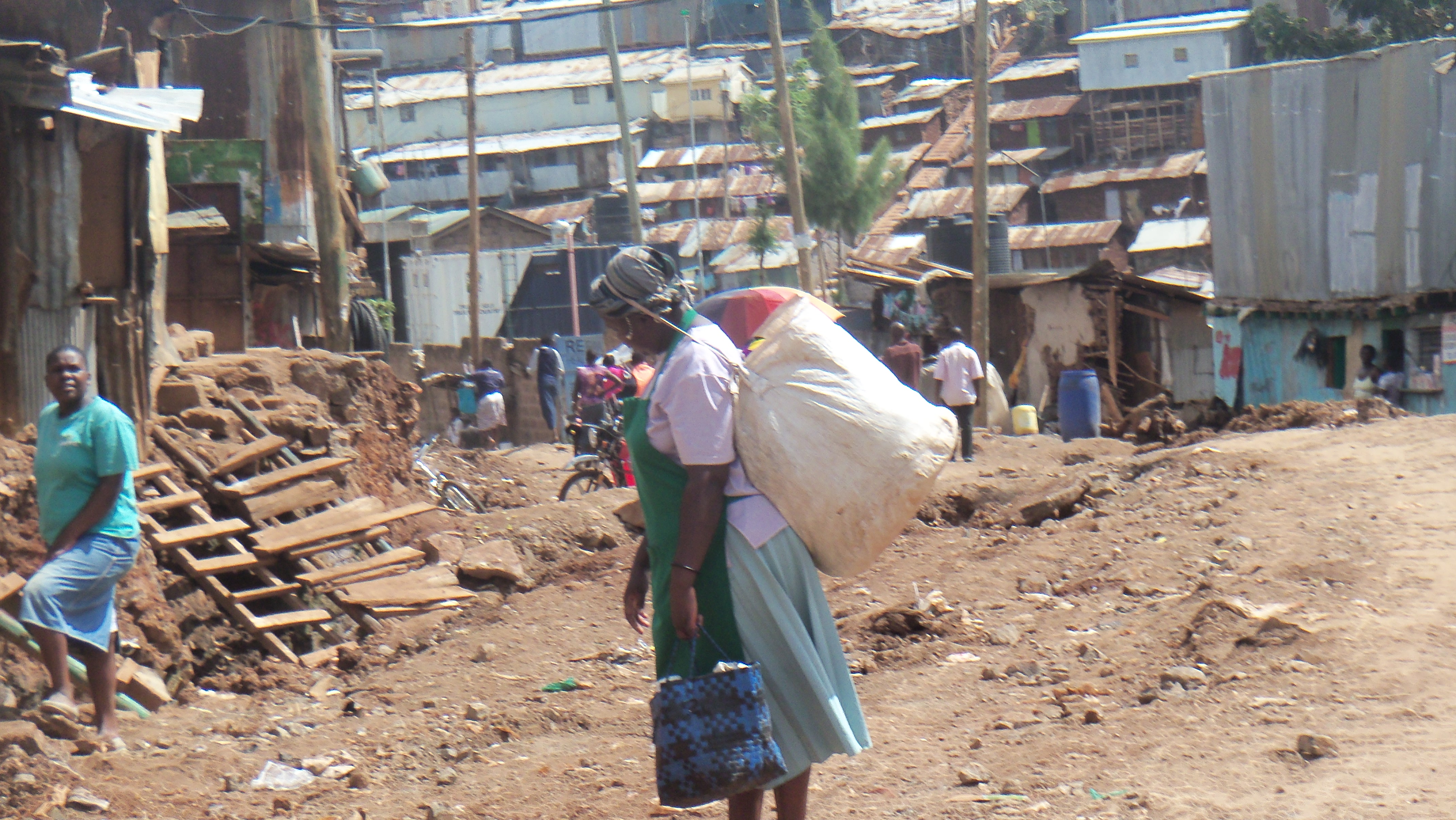
Your Bad Day Means Nothing~Find Yourself in Africa
– By Nikki Main
Making my way to Havilla Childrens Centre, the local school, in the morning I was to meet the children I would be spending every day with. The trash lined streets grabbed my attention immediately as I watched men and women pick their way through the rubbish looking for their morning meal. The look on their faces was that of someone who had given up and was just going through the motions. Heartbreaking to watch, I continued on my way to the school which was just a half mile up the road.
The kids greeted me with screams of “Teacher Nikki!” and ran to hug me. I am taken back by how happy these children are. Their clothes are torn and shredded with large holes in their sleeves, their faces are matted with dirt but they don’t seem to care. They are just happy to be one of the few groups of children to be getting an education.
After a few days working in the school I realize that there is a horrible stench coming from a closet, it is a toilet the kids use in the courtyard. It is a small area about the size of a broom closet. There is a wooden door that only locks from the outside and I have seen several kids go in to use the toilet at the same time.
How is that possible you might ask? The toilet is not a conventional toilet, it is a hole in the ground outlined with a plastic rim. A couple times a day a teacher or students dump a bucket of water down the hole.
I do feel bad for the children, not only do they have to use a substandard toilet, the food we feed them is
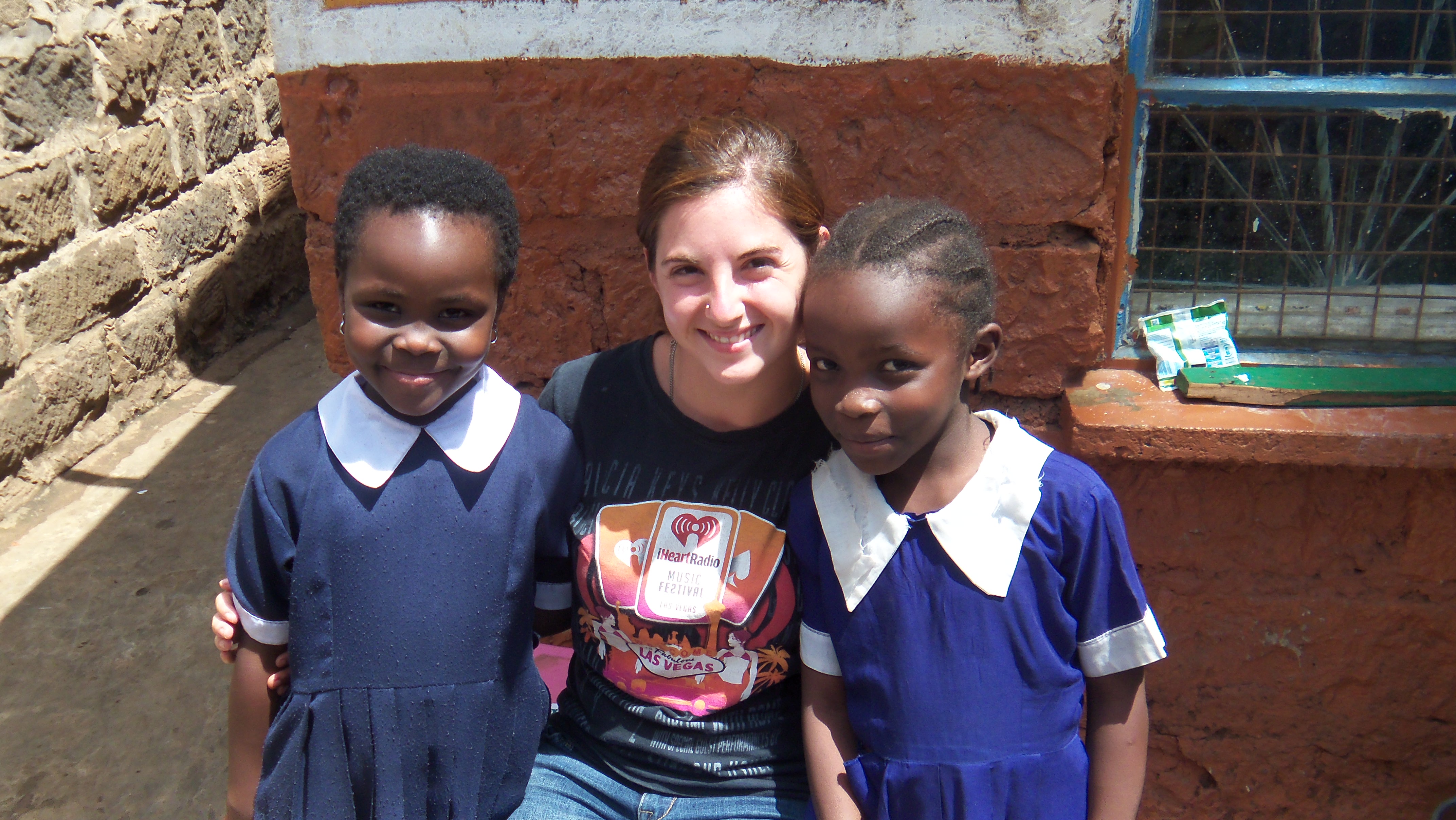
Posing with Kibera Children
hardly nutritional. They eat the same food every single day without complaint. We feed them tea and bread in the morning and for lunch they get a small portion of white rice with watered down beans with cabbage. They put extra cups of water in the beans to make it a soup-like substance so there is more to go around. They get a small slice of banana and when I am finished serving the food there is always some pieces of banana left. I go to give the rest to the kids and they swarm around me. My first thought is they are like vultures crowding around me and trying to get the last crumb of food. Their hands are in front of my face and I raise the tray high above their heads for fear of them knocking it down. They yell “Teacher! Teacher! Teacher!” hoping I will hear them and put a morsel of food in their outstretched hand. The little kids tug on my shirt to get my attention since they are not tall enough for me to see them.
I can’t imagine being so young and having to fight for food because I’m not sure when my next meal will be. And the best part is these kids have such high hopes for the future. When you ask them what they want to be when they grow up you don’t hear the things you’d expect of a 7-year-old. When I was little we said we wanted to be a ballerina or a champion figure skater or professional baseball player. These kids tell you that they want to be a pilot or a lawyer, a doctor or a pastor; proof that they are reaching for a brighter future.
I made my way to the kitchen to help Leonand, the cook at the school, wash dishes and we begin to talk. He wants to know about my home, so slowly I mention that in the States we have machines that wash our dishes for us, so we don’t have to do it by hand. He stops using the dirty scrub brush and turns away from the tub of brown water to stare at me in surprise. He announces at once that he would love to see this machine that washes dishes, but begins to tell me that in Kenya they are not afraid of a little hard work. He tells me that when I go home I should teach the people at my work to wash dishes by hand so they will know how to work hard too.
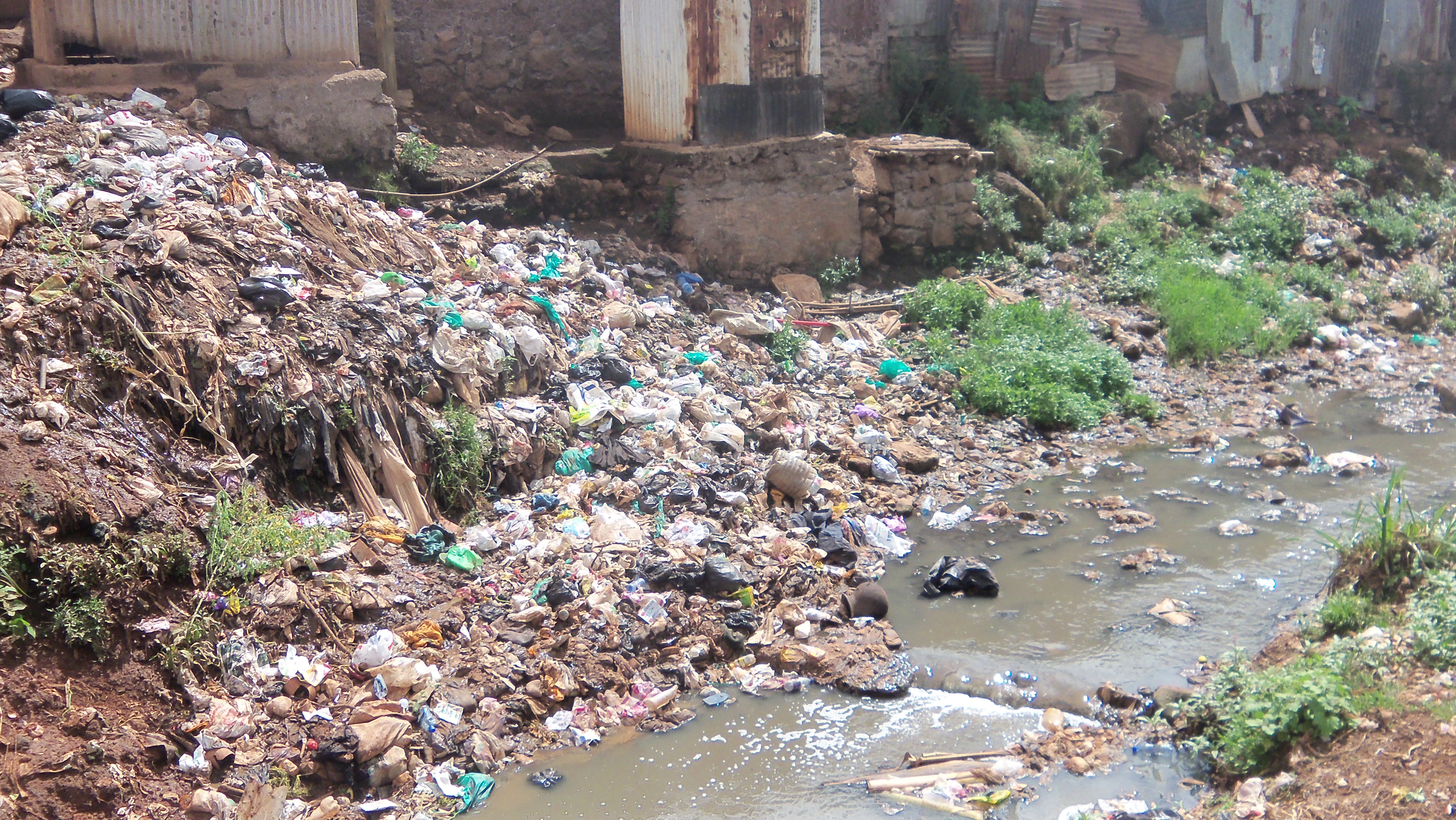
River in Kibera Slums
After school Leonand took me to the slums, it was important to see where the children live. As we entered the slums there could be no mistaking where I was as the stench of garbage, filth, and body odor filled my nose. I looked around and there were piles of trash, small mountains of it, everywhere. A stream runs through the slums but it is not the picture of tranquility. It is polluted, filled with trash and the rotting corpses of animals. It is hard to believe why anyone would choose to stay there, but I suppose they don’t have a choice.
After dinner that night, I noticed that Joseph, the little boy who lives in the home I stay in, was watching Disney Channel. The same Princess Sophia show my nephew watches. It’s amazing how halfway across the world, I still am finding ways that culture doesn’t matter. We are all inherently the same.
My time in Kenya was daunting, saddening and a little frightening as I watched myself change from a girl who was enamored by top trends, clothing, makeup and material items turn into someone that appreciates the little things. 4 weeks in another country may not seem like a very long time to some people, but for the traveler there is a noticeable difference between the person I was when I left, and the person who came home. It is nearly impossible to travel and not come home different, inherently I am the same, but the changes are on a level only I can see.
I know there is a problem with poverty in America, but you haven’t seen anything until you’ve seen garbage piled in small mountains on the side of the road, and people pulling carts like a human pack mule because they can’t afford a truck to do it for them. Or children peeing on the side of the road because their home doesn’t have a toilet. Or even children piling into a small room the size of a closet to go to the bathroom in a hole in the ground. These are the things I see when I close my eyes, and these are the things I see when I look around at the large homes and neatly manicured lawns. It is a simple life and I wish we could learn more from them. One day maybe I’ll go back, but for now I’ll settle for remembering the kids with fondness and hoping that their futures are infinitely better than their pasts.
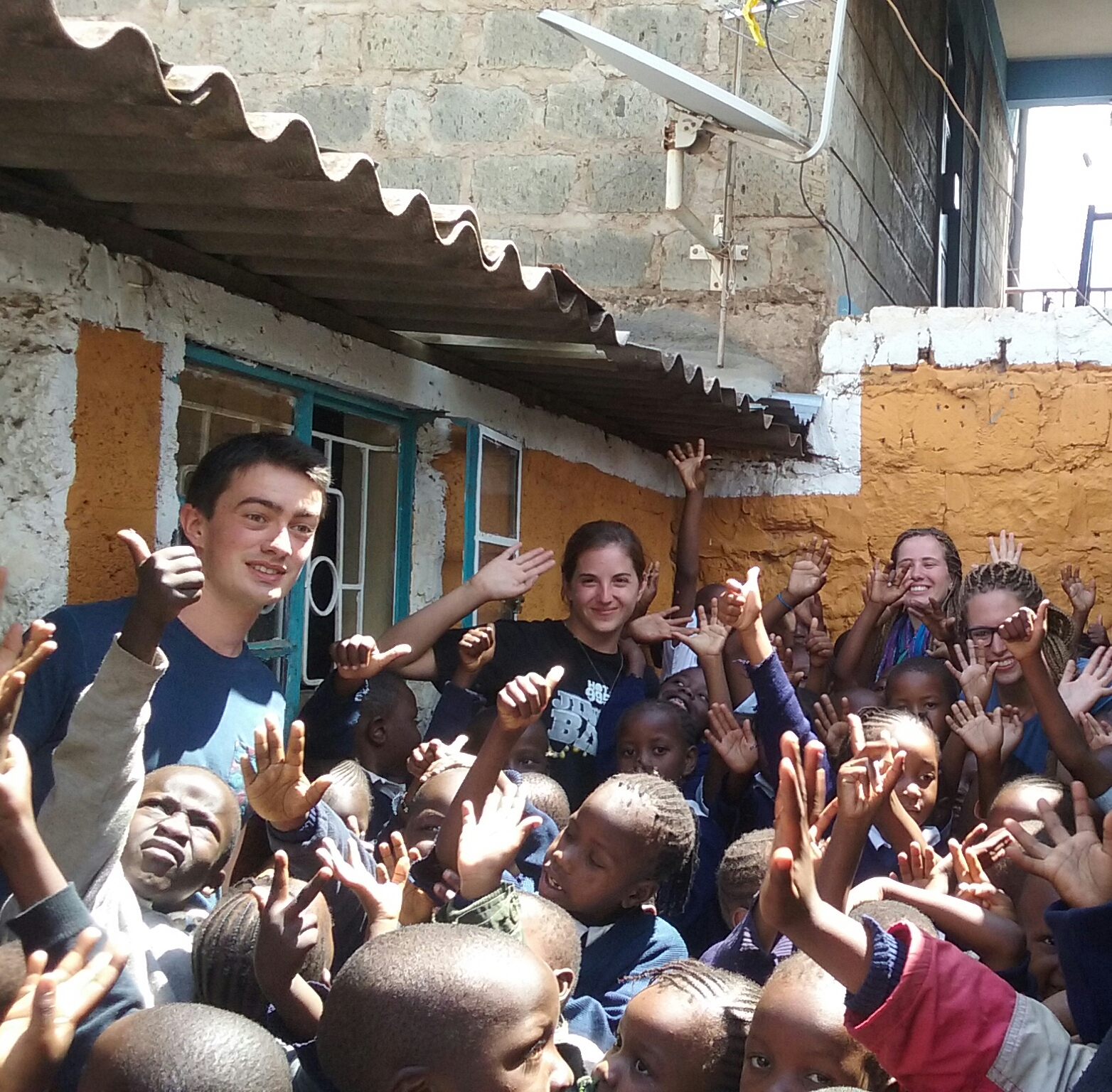
Kibera children at school
To donate or to be a part of this unforgettable experience visit http://www.havillacc.com/
-N.M
A Letter From the Director:
Dear Sir,
RE:REQUEST FOR FUNDING TO BUILD CLASSROOMS.
We are Havilla Childrens Centre working with orphans and vulnerable childrens in Kenya slums of Kibera [www.havillacc.com] , a registered charity supporting children [boys and girls education] .The children we support are of ages 3 yrs and above. Right now we have 160 children. Some children are orphaned while others are vulnerable.
We operate in a rented building to offer, education, breakfast, and lunch to the needy children.
We’ve gotten a piece of land and we have started to build classrooms .We are looking for support to help us finish the building. Here are some pictures of the building .We are sending this application for funding to help us finish the building. Also attached alongside with this proposal is the list of materials and the costs.
We have been doing some fundraising towards this but yet not enough to finish the building.
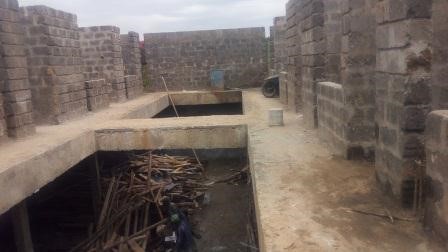
Havilla Childrens’ Centre; Image by Barnabas Mutua
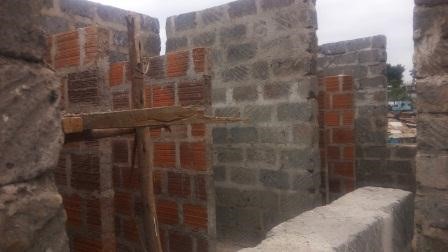
Havilla Childrens’ Centre; Image by Barnabas Mutua
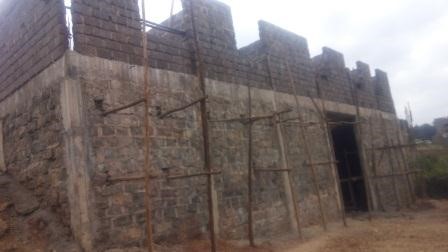
Havilla Childrens’ Centre; Image by Barnabas Mutua
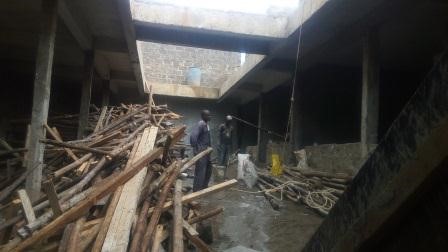
Havilla Childrens’ Centre; Image by Barnabas Mutua
400 bags [cement] =each 7 usd =2800 usd
700 litres paint= each litre= 3 usd=2100 usd
160 packets of Tiles= Each=9 usd=1440 usd
12 doors Each door=90 usd=1290 usd
10 lorries of sand =@ 320 usd =3200 usd
60 iron sheets=@12 usd=720 usd
Glasses for widows=1000 usd
1500 Blocks @55=ksh 82500=841 usd
-Building=13391 usd.
-Contractors fee=2500 usd
www.havillacc.com
Kind regards
Barnabas Mutua.
Director.
Havilla Children Center,
Box 37713- 00100
Kibera, Nairobi.
Tel: +254 721 528 729 / +254 724 518 658
E: barnabas@havillacc.com/ hvillachildren@yahoo.com
To donate please visit https://www.gofundme.com/jsv2mh-havilla-childrens-centre

6 comments
Having never left the safety of America, I find this article to be moving but also inspirational. The writer employs the use of imagery to take her readers back to Kenya with her. I, in a sense could picture myself with these children, in that foreign land, maybe even sensing a change in myself as to how I should look at what I have in my life. Ms. Main used her time in Kenya to make a difference in those kids and herself, I for one am glad to get a glimpse into her adventure!
What an inspiring and moving piece, it can be so hard to sometimes realize just how bad life is for others. We are truly blessed and it is so important to give back. I really love this piece, can’t wait to read more moving and inspiring articles like this!
This article raises awareness – and so, thank you!
It’s a kind reminder that it’s ALL about the children. Let’s work to give the children a better future; they so very, very much deserve it.
Very moving and powerful article. Thank you for sharing!
In a time where we can see the world through a p.c., touchscreen tablet, or on our phone, instantaneously, there is nothing like the experience of actually immersing oneself in the physical world of another. For Ms. Main, I think this has opened a door inside herself. As someone who grew up poor, right here in the United States, I always feel as if I have seen a side of life that my middle-class neighbors will never know. I grew up during the 80’s & 90’s, raised through my childhood by my grandparents, which I’ve come to realize ha made me a child of the 50’s. I saw the advent of the cell phone, the personal computer, laptop, etc. I understand life with and without these things, but mostly because of timing, not poverty. Poverty here is not the same as poverty in other places around the world. Unfortunately, we can’t send all our young people to slums, worldwide, in order to grasp this reality. For the majority, it’s through scrolling images on a screen. A flash of light in a distant memory that’s passed into oblivion before they could even process it.
For many of our young people today, we choose what images we see, and typically only choose the sensational, or sensational gore that is so readily available. For Ms. Main, she chose to live among those who are in dire straits, to gain some understanding into what they experience as life, and to send a beacon into a screaming world of passing images, in hopes to inspire others into taking note, and perhaps action, to do a little good for someone else.
Havilla Childrens Centre sounds like a great organization to support! Education is so important.